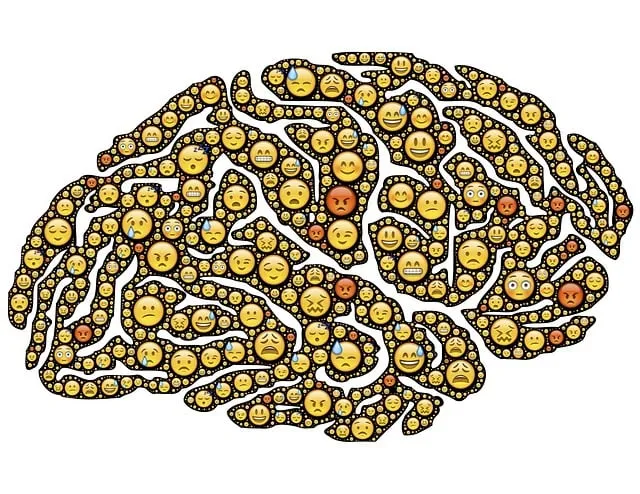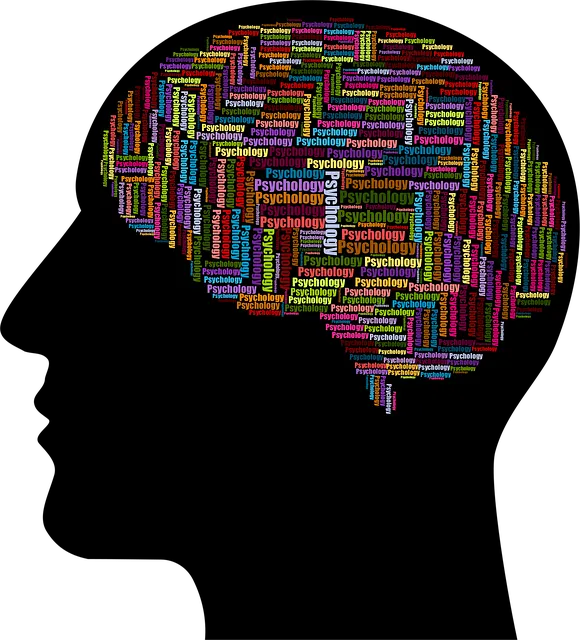Mental wellness apps, like those offered by Kaiser Permanente, have become prominent in the digital age, providing accessible and personalized mental health support. With features like therapy sessions, mindfulness exercises, and community forums, these apps have received positive reviews from users in Parker and beyond. By integrating evidence-based practices and technology, developers can create user-centric applications that bridge gaps in access to mental wellness coaching, offering 24/7 accessibility, discretion, and convenience. Inspired by Kaiser Permanente's models, such apps aim to reduce stigma, improve mental health outcomes, and revolutionize mental healthcare access through community outreach and coping skills development.
In today’s fast-paced world, mental wellness app development has become a game-changer in the healthcare industry. With increasing demand for accessible and personalized support, digital tools are revolutionizing care, much like Kaiser Permanente’s pioneering approach. This article delves into the growing importance of mental health apps, highlighting successful strategies through case studies like Parker. We explore features that drive impact, implementation challenges, and future prospects, drawing insights from Kaiser Permanente mental health center reviews and real-life success stories, including Parker’s journey.
- Understanding the Need for Mental Wellness Apps: Exploring Kaiser Permanente's Approach and Impact
- Designing Effective Features: Parker's Success Story in Mental Health App Development
- Implementation, Reviews, and Future Prospects: Enhancing Care with Digital Tools
Understanding the Need for Mental Wellness Apps: Exploring Kaiser Permanente's Approach and Impact

Mental wellness apps have become increasingly important as we navigate the digital age. One prominent example is Kaiser Permanente, a well-known mental health center that has expanded its services through innovative technology. By leveraging app development, Kaiser Permanente offers accessible and personalized support for individuals seeking mental health resources.
Their approach focuses on creating an engaging and supportive environment, incorporating features like therapy sessions, mindfulness exercises, and community forums. The impact of these digital initiatives is evident in the positive reviews from users in Parker and beyond. This shift towards digital wellness solutions not only caters to the growing demand for mental health services but also contributes to public awareness campaigns, emphasizes the importance of stress reduction methods, and fosters empathy-building strategies within communities.
Designing Effective Features: Parker's Success Story in Mental Health App Development

In the realm of mental wellness app development, effective feature design is paramount to success. Taking inspiration from established entities like Kaiser Permanente mental health center reviews Parker, developers can learn valuable lessons in crafting user-centric applications that truly make a difference. By integrating evidence-based practices and leveraging technology, mental health apps can offer personalized support, from mindfulness exercises to virtual therapy sessions.
One notable success story involves the development of apps focused on Mental Health Policy Analysis and Advocacy, where innovative features like interactive mood trackers, digital journaling, and community forums foster Empathy Building Strategies. These tools not only encourage users to reflect on their mental state but also create a supportive network, mirroring the collaborative approach seen in successful Kaiser Permanente programs. Such apps have the potential to bridge gaps in access to mental wellness coaching programs development, making professional-level care more accessible and affordable for individuals seeking assistance.
Implementation, Reviews, and Future Prospects: Enhancing Care with Digital Tools

The implementation of digital tools in mental wellness apps has shown significant promise in enhancing care for users. Platforms like the Kaiser Permanente mental health center in Parker, known for its innovative approach, leverages technology to improve accessibility and effectiveness. Reviews highlight the positive impact of these apps in providing Anxiety Relief, especially for individuals who may face barriers to traditional therapy. Users appreciate the convenience, discretion, and 24/7 availability of digital solutions.
Looking ahead, the future prospects of mental wellness app development are bright, with a focus on integrating Community Outreach Programs and promoting Coping Skills Development. As technology advances, these apps can become even more personalized, adaptive, and integrated into users’ daily lives, potentially reducing stigma and improving overall mental health outcomes. This shift towards digital care has the potential to revolutionize mental healthcare, making it more accessible and tailored to individual needs.
Mental wellness apps are transforming the way we approach mental healthcare. As demonstrated by Kaiser Permanente’s successful implementation, these tools can significantly enhance access and improve outcomes. The case study of Parker’s app development further underscores the potential for innovative digital solutions to address mental health challenges. Looking ahead, continued refinement through user reviews and integration into established care systems will be key to unlocking the full potential of mental wellness apps, ensuring that resources like Kaiser Permanente mental health center reviews play a pivotal role in shaping a more inclusive and accessible future for mental healthcare.






